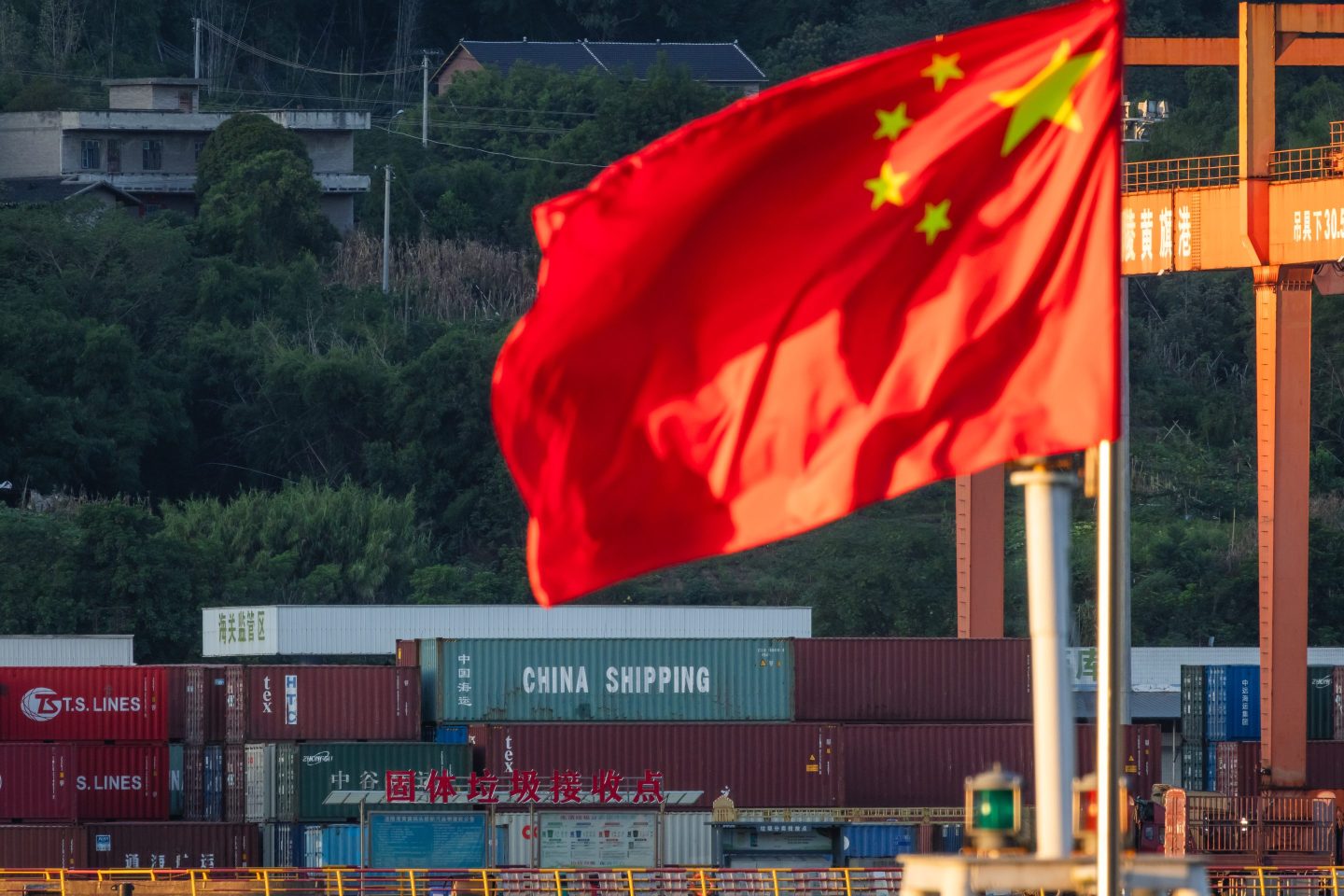Is “too big to fail” over? Believe it or not, it just might be. Even though the Dodd-Frank financial reform law banned future taxpayer bailouts of banks, the public remains skeptical. Given the size and complexity of the largest banks, it is difficult to imagine how the government could run them through an orderly bankruptcy process. Even if the regulators had the political will to do so, how could they possibly avoid systemic disruptions? Here’s how.
Under its new Dodd-Frank mandate, the FDIC has unveiled an innovative strategy to handle a megabank failure. It’s not an easy challenge. In his book The Great American Bubble Machine, Matt Taibbi described Goldman Sachs as a “vampire squid.” I’m not sure about the blood-sucking part, but the metaphor holds in describing the legal structures with which regulators of megabanks must struggle. Visualize them as big heads sitting atop a morass of arms and sucker-covered tentacles, drifting in an inky cloud of opacity. The head is the “holding company,” the life-blood source. It issues equity and debt to the public and funnels the money down to its tentacles below. There are thousands of those tentacles — discrete legal entities frequently created not for operational efficiency but to avoid some tax, regulatory, or accounting rule. Each business line, be it investment bank, derivatives dealer, or commercial bank, is supported by hundreds of the same intertwined legal entities. You can’t detach them without damaging other parts of the franchise.
In its new plan, the agency will be able to take control of the holding company — and become the new owner. As the temporary owner, it will keep the healthy arms alive in one or more “good banks,” while putting the megabank’s former shareholder and creditor interests into a government-controlled receivership. Losses will be fully absorbed by the holding company’s shareholders and unsecured creditors. Taxpayers will not be at risk of loss.
This strategy will allow the FDIC to leave healthy foreign subsidiaries open for business. The challenge is that most countries won’t allow banks owned by foreign governments to operate within their borders. By maintaining viable foreign subsidiaries, the FDIC hopes to avoid their seizure by foreign authorities and ensure that non-U.S. trading partners keep performing on their contractual commitments. The success of the FDIC’s strategy will, of course, depend on the willingness of foreign jurisdictions to respect its authority as the megabank’s temporary new owner. The agency has been working with the Bank of England, whose cooperation will go a long way to ensure the success of the strategy, in that more than 80% of U.S. megabanks’ foreign operations are subject to the jurisdiction of the U.K.
Short term this strategy can work, but it will be costly and difficult. Longer term, regulators must require the megabanks to simplify and provide better market disclosure of their legal structures. The speed with which the FDIC can restructure them as good banks and return them to private-sector ownership will be greatly enhanced if their business lines and foreign operations have already been organized into a rational number of legal units that can be easily detached. At least two large banks, Santander and HSBC, organize international operations this way, so it can be done. Regulators must also require holding companies to issue enough equity and unsecured debt to absorb losses should they fail.
Not convinced that bailouts are over? Well, if you are swimming with one of the squids as an investor, do you want to take the chance? Perhaps if one of these giants gets into trouble, the government will blink and throw you a life jacket. But given the strong language in Dodd-Frank banning future bailouts, I doubt it. If you own stock or subordinated debt, you will probably be wiped out. If you own bonds, you will take a big loss. So be a prudent investor, and do your homework. If you still don’t understand the risks, get out of the water.
—Fortune contributor Sheila Bair is former chair of the FDIC and author of New York Times bestseller Bull by the Horns.
This story is from the April 29, 2013 issue of Fortune.












